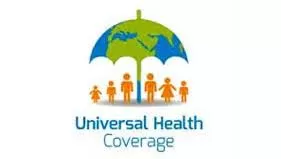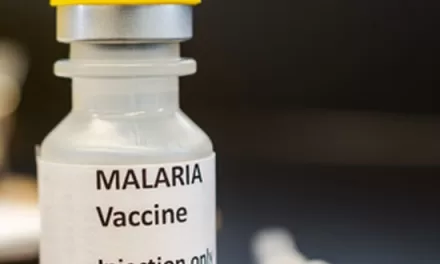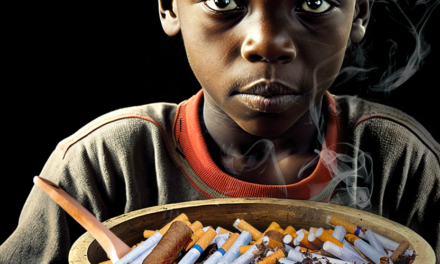
During the United Nations (UN) General Assembly High-Level Meeting, global leaders have endorsed a new Political Declaration titled “Universal Health Coverage (UHC): expanding our ambition for health and well-being in a post-COVID world”. This declaration is viewed as a crucial driver for the international community to take substantial and courageous measures, as well as mobilize the necessary political and financial commitments to achieve the UHC objective outlined in the Sustainable Development Goals (SDGs) by 2030.
The UHC target assesses a country’s capacity to ensure that every individual receives the necessary healthcare, without facing financial hardship, precisely when and where it’s needed. This encompasses a comprehensive range of services from health promotion and prevention to treatment, rehabilitation, and palliative care. Alarmingly, global progress towards UHC has shown limited advancement since 2015, with a complete halt in 2019.
The urgency of this declaration is underscored by staggering statistics. In 2021, a minimum of 4.5 billion people—more than half of the global population—did not have complete access to essential health services. Two billion individuals encountered financial difficulties, with over 1.3 billion being pushed or further pushed into poverty while attempting to access basic healthcare. This grim reality vividly highlights the widening health disparities.
Dr. Tedros Adhanom Ghebreyesus, WHO Director-General, emphasized, “Ultimately, universal health coverage is a choice – a political choice.” He stressed that the declaration approved by countries today sends a robust signal that they are making this choice. However, it’s not only a matter of words on paper; it’s reflected in budgetary and policy decisions. Above all, it’s manifested through investments in primary healthcare, which stands as the most inclusive, equitable, and efficient route to universal health coverage.
The Political Declaration commits Heads of State and world leaders to take crucial national steps, allocate essential resources, enhance international cooperation, and foster global solidarity at the highest political echelons to expedite progress towards UHC by 2030, employing a primary healthcare (PHC) approach.
For healthcare to truly be universal, there needs to be a shift from systems centered around diseases to systems designed around people. PHC, an approach focused on meeting people’s health needs, stands as one of the most effective areas for investment to expedite progress towards UHC.
Countries adopting a PHC approach demonstrate greater capacity to swiftly build stronger, more resilient health systems that reach the most vulnerable, yielding a higher return on health investments. Most importantly, they ensure that a larger segment of the population receives essential health services and has a say in decisions affecting their health and well-being.
It is estimated that an additional investment of US$ 200–328 billion annually is required to scale up a PHC approach in low- and middle-income countries (equating to roughly 3.3% of national gross domestic product). This could enable health systems to deliver up to 90% of essential health services, save a minimum of 60 million lives, and extend average life expectancy by 3.7 years by 2030.
WHO, operating through its network of over 150 country offices and six regional offices, offers technical assistance to expedite the radical reorientation of health systems through PHC-focused approaches. It also provides robust normative guidance to monitor progress for accountability and impact.
WHO applauds Member States for endorsing the second UN High-Level Meeting Political Declaration on UHC, a result of extensive consultation. WHO is fully dedicated to collaborating with Member States and partners to intensify policy efforts for UHC, expanding service coverage, ensuring financial safeguarding, and shaping the financial framework to invest more effectively in health.
Once ratified by the UN General Assembly, the Political Declaration will be regularly scrutinized for implementation, identifying gaps and solutions to hasten progress, and discussed at the subsequent dedicated UN High-Level Meeting in 2027.











